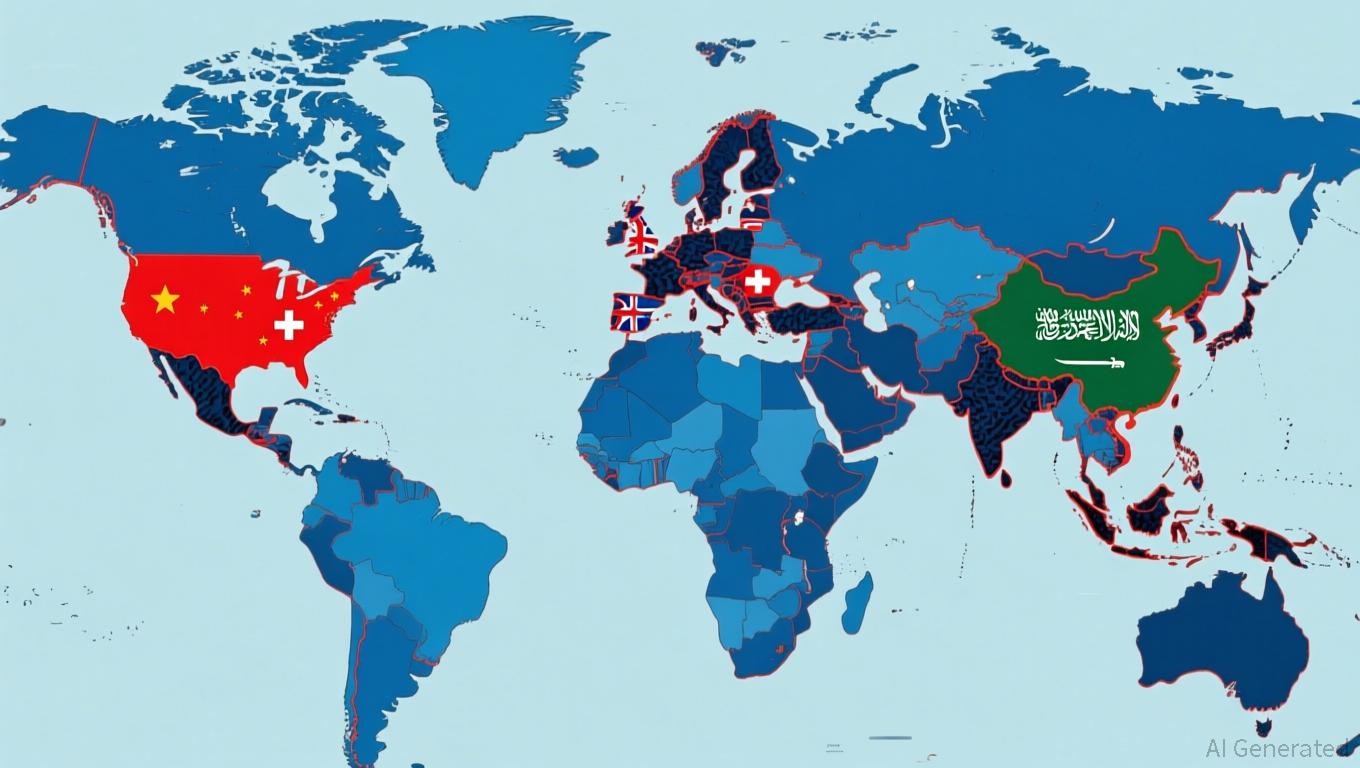Tom Lee’s BitMine surpasses 50% of its goal to hold 5% of the Ethereum supply
Key Takeaways
- BitMine now controls more than 2.5% of Ethereum's total supply, surpassing half its target to own 5%.
- BitMine is the world's largest ETH treasury, holding over 3 million ETH, and ranks second among global crypto treasuries.
Share this article
BitMine Immersion Technologies, the world’s largest Ethereum treasury company led by Thomas “Tom” Lee, said Monday it has reached over 50% of its target to control 5% of the Ethereum supply.
The firm reported adding 202,037 ETH last week, lifting its total holdings to over 3 million ETH, while also maintaining 192 Bitcoin. It disclosed additional assets, including $135 million equity stake in Eightco Holdings and $104 million in cash as of Oct. 12.
According to Lee, BitMine capitalized on the recent market downturn to expand its Ethereum holdings.
“The crypto liquidation over the past few days created a price decline in ETH, which BitMine took advantage of. We acquired 202,037 ETH tokens over the past few days pushing our ETH holdings to over 3 million, or 2.5% of the supply of ETH,” he said in a statement. “We are now more than halfway towards our initial pursuit of the ‘alchemy of 5%’ of ETH.”
BitMine’s stock has become one of the most actively traded in the US market, with a five-day average daily trading volume of $3.5 billion as of October 10, 2025, ranking 22nd among US-listed stocks.
The stock rose nearly 7% in pre-market trading on Monday, according to Yahoo Finance data.
Share this article
Disclaimer: The content of this article solely reflects the author's opinion and does not represent the platform in any capacity. This article is not intended to serve as a reference for making investment decisions.
You may also like
Switzerland Delays Crypto Information Exchange Pending International Coordination
- Switzerland delays crypto tax data sharing with foreign nations until 2027, citing unresolved CARF partner agreements. - The OECD's 2022 framework requires member states to exchange crypto account details, but 75 countries including the EU and UK face implementation challenges. - Transitional measures ease compliance burdens for Swiss crypto firms while awaiting finalized international data-sharing protocols. - Major economies like the U.S., China, and Saudi Arabia remain outside CARF due to non-complian

Bitcoin Updates: SGX Addresses Offshore Perp Shortfall as Bitcoin Decline Increases Demand for Hedging
- SGX launched Bitcoin and Ethereum perpetual futures, becoming a first-mover in regulated onshore crypto derivatives to meet institutional demand. - The $187B/year perp market, dominated by Asia, now gains a regulated alternative to offshore platforms with SGX's 22.5-hour trading window. - Perps enable hedging during Bitcoin's 2025 downturn, with SGX's margin-call system prioritizing investor protection over instant liquidations. - Regulatory caution limits access to accredited investors, aligning with gl

Bitcoin News Update: Institutional ETF Adjustments Challenge Key Bitcoin Support Thresholds
- Analysts warn Bitcoin faces 25% drop risk if key support levels fail amid shifting institutional ETF dynamics. - Texas's $5M IBIT purchase highlights growing government interest, but ETFs fall short of direct BTC ownership criteria. - Technical analysis shows Bitcoin trapped in a broadening wedge pattern, with breakdown below $80,000 risking $53k decline. - Institutional rebalancing sees $66M IBIT outflows vs. $171M FBTC inflows, signaling tactical ETF rotation over accumulation. - Abu Dhabi's $238M ETF

XRP News Today: IMF Cautions That Rapid Tokenized Markets Could Intensify Crashes in the Absence of Regulation
- IMF warned tokenized markets like XRP could worsen flash crashes without regulation, citing risks from decentralized systems lacking traditional safeguards. - Report acknowledged tokenization's potential to cut cross-border payment costs but highlighted volatility risks from rapid liquidity loss seen in crypto markets. - SEC's approval of crypto ETFs signals growing institutional acceptance, though regulators emphasize oversight frameworks to mitigate systemic risks. - IMF proposed a global digital marke

